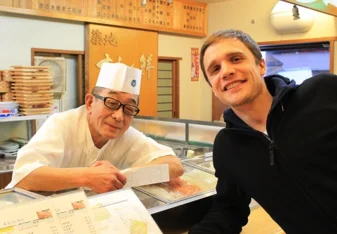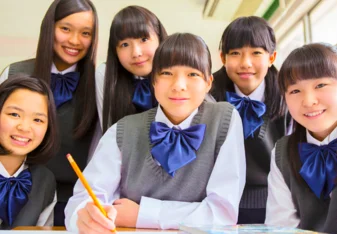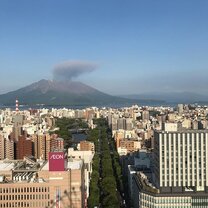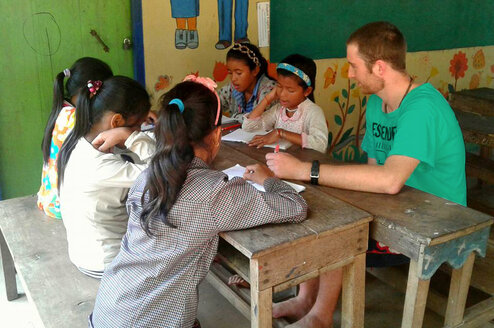- Japan
About Program
Please direct all questions to your local JET Program Office.
The Japan Exchange & Teaching (JET) Program invites young university graduates to participate in a professional international exchange position throughout Japan. Participants are invited to Japan as representatives of their home countries, and play an important role in promoting understanding between nations.
JET offers two main positions:
Assistant Language Teachers (ALTs) work in public K-12 schools and team-teach English with a Japanese homeroom teacher. Duties include assisting in making lesson plans, leading activities and games, and motivating students to study English.
Coordinators for International Relations (CIRs) work in local government offices. Primary duties include localization / translation, assistance with international exchange programs, and community event coordination.














They will ask you about it in the application, but that was all. I never got asked about it in the interview. I have tattoos, though not easily visible ones, and it hasn't been a problem for me while working here in Japan but that always depends on your school.